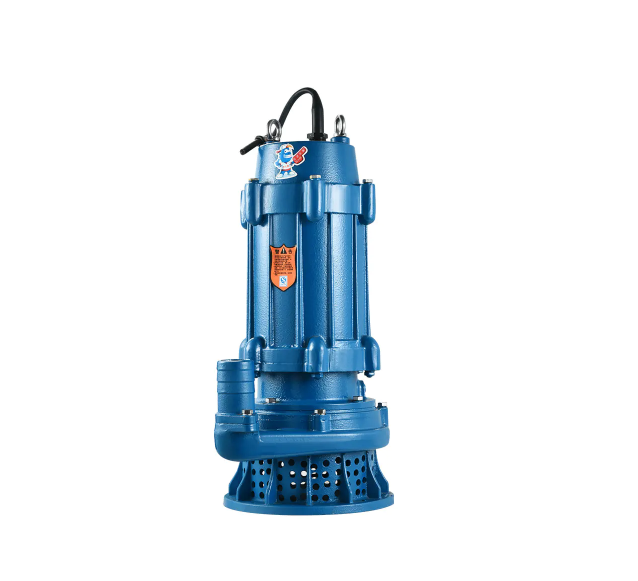Deep well pumps are essential for accessing groundwater from significant depths, typically used in areas where surface water is scarce or where water sources are located far below the ground. These pumps are designed to withstand the high pressure and challenging conditions found in deep well environments.
One of the primary benefits of deep well pumps is their ability to reach water sources that are inaccessible to shallower pumps. They are often used in agricultural settings, where they provide a reliable source of irrigation water, and in remote areas where surface water is not readily available. The design of these pumps allows for efficient water extraction, even from great depths, and they are built to last with materials that can resist corrosion and wear.
Maintenance is a critical aspect of deep well pump operation, as regular checks and servicing can extend the life of the pump and ensure continuous performance. The pumps are often equipped with features that make maintenance easier, such as easy-to-access components and self-priming capabilities.
In terms of environmental impact, deep well pumps can be a sustainable solution for water extraction, as they rely on natural resources that are renewable. However, it's important to manage groundwater extraction responsibly to prevent over-extraction and depletion of aquifers.
Overall, deep well pumps are a vital tool for accessing water in areas where surface water is not an option. They are designed for durability and efficiency, making them a reliable choice for long-term water supply needs.


